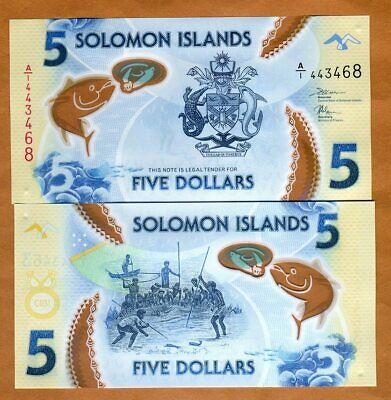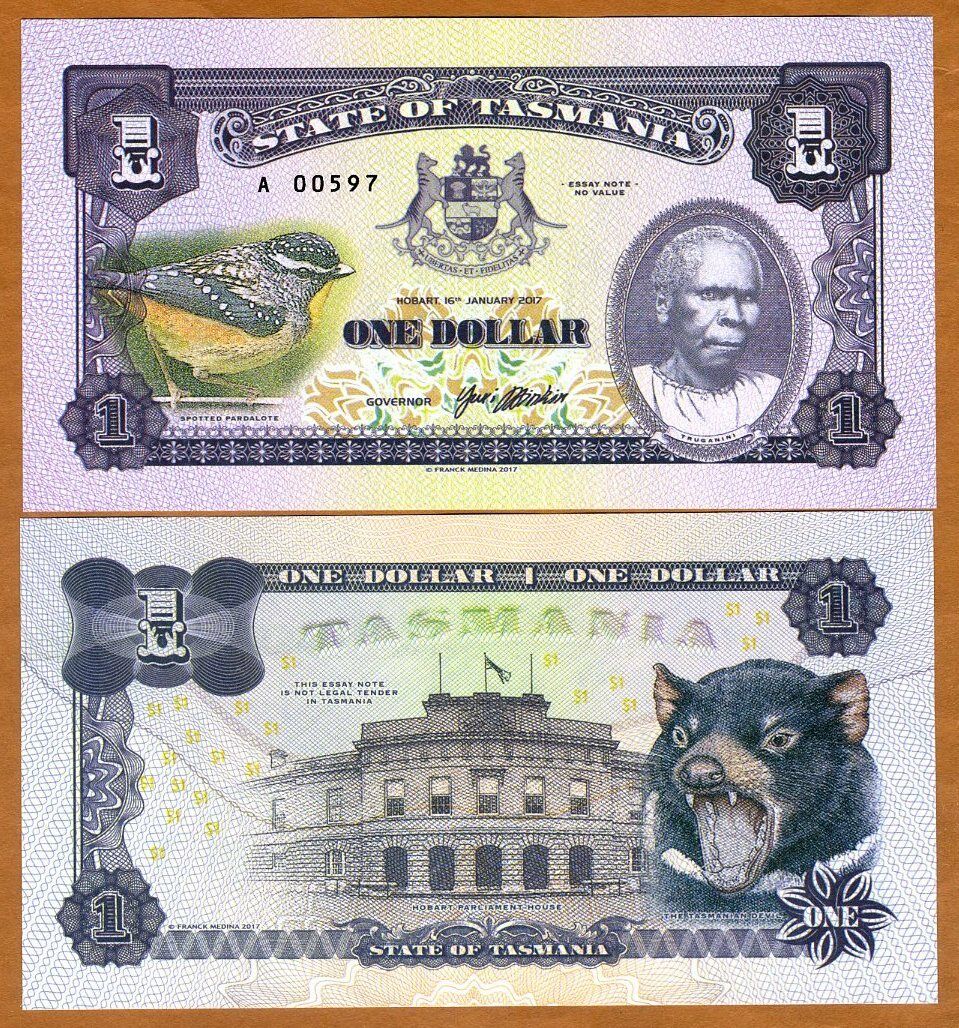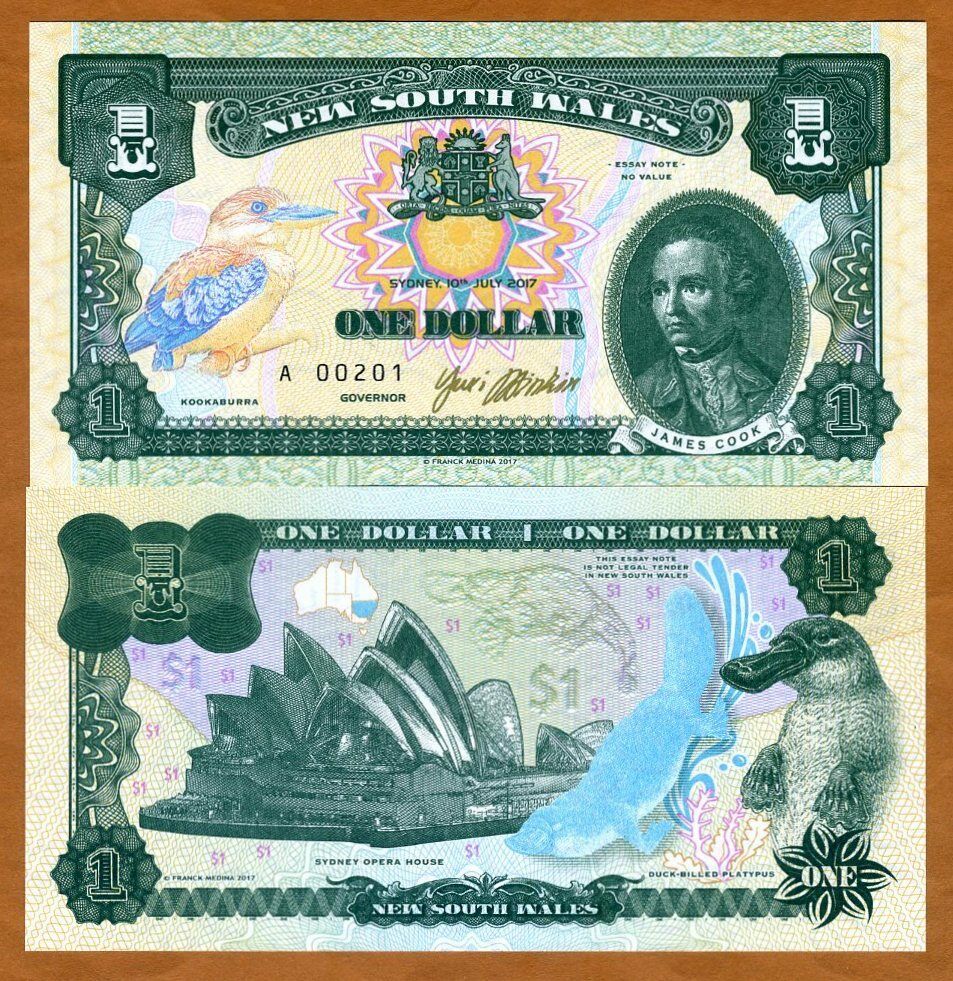-40%
AUSTRALIA 1943 3 Pence Internment Camps Money PCGS MS64 RED, NICE MINT LUSTER !
$ 178.99
- Description
- Size Guide
Description
Australia - Internment Camp 3 Pence Token No Date (1943),KM-Tn2.1.
Graded MS64 Red, Population [6/0], total of 6. Very scarce in this lofty condition.
Vivid red toning on this rare token from WWII. See our high resolution photos (small white spots are on plastic holder, not the coin, and are not visible in normal light.)
Historical since there were very few tokens issued in internment camps in the world during WWII; most of the camp "money" was either paper based or barter (cigarettes, privileges, passes, food, etc.).
Australian Internment Camps During WWII
During World War I, 2,940 German and Austrian men were interned in ten different camps in Australia. Almost all of the men listed as being Austrians were from the Croatian coastal region of Dalmatia, then under Austrian rule.
In 1915 many of the smaller camps in Australia closed, with their inmates transferred to larger camps. The largest camp was at Holsworthy in New South Wales. Families of the interned men were placed in a camp near Canberra.
During World War II, internment camps were established at Orange and Hay in New South Wales for ethnic Germans in Australia whose loyalty was suspect; German refugees from Nazism including the "Dunera boys"; and Italian immigrants, many were later transferred to Tatura in Victoria (4,721 Italian immigrants were interned in Australia).
The Department of Immigration and Border Protection currently jointly manages two immigration centres on Nauru and Manus Island with the host governments of Nauru and Papua New Guinea, for the indefinite detention of asylum seekers attempting to reach Australia by boat. The claims of the asylum seekers to refugee status are processed in these centres. They are a part of the Australian government's policy that asylum seekers attempting to reach Australia by boat will never be permitted to settle in Australia, even if they are found to be refugees, but may be settled in other countries. The clear intention of the Australian government's policy is to deter asylum seekers attempting to reach Australia by boat. The great majority of boats come from Indonesia, which is used as a convenient jumping-off point for asylum seekers from other countries who want to reach Australia.
These centres are not UNHCR endorsed refugee camps, and the operation of these facilities has caused controversy, such as allegations of torture and other breaches of human rights.












